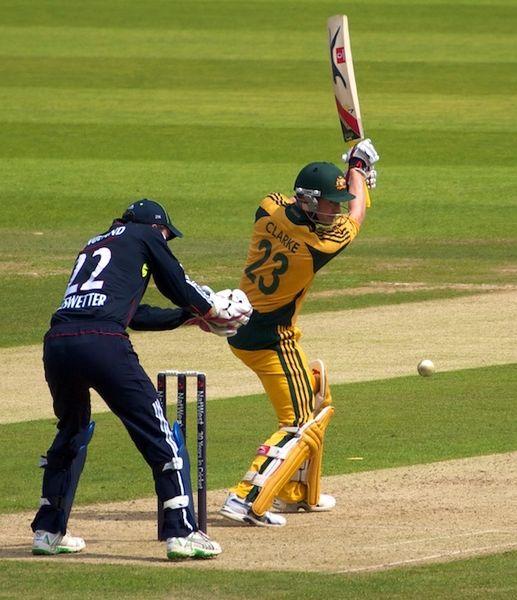While Michael Clarke’s offer last week to come back and once again captain the Australian cricket team was (deservedly) met with ridicule, that doesn’t mean that the sporting comeback itself is a bad idea. When it works the comeback story is one of the greatest in sport, and never fails to entertain.
The following sporting storylines are two of the greatest comebacks in modern sport – individuals that had been absolutely written off coming back to rule their discipline one last time. Unlike Clarke, who may as well make John Paul Young’s “Yesterdays Hero” his theme song, these are the success stories that will be immortalised in the annals of sport.
Roger Federer
Federer’s story is one of the most romantic sporting comebacks of all time. Federer was the most dominant player in tennis from 2003-2012, when he became the most successful men’s player of all time. After winning at Wimbledon in 2012, however, Federer stopped winning. He lost the number one ranking, seemingly forever, and began to gradually slide down the rankings.
Federer remained competitive, however an injury in 2016 saw him drop out of the top 10 for the first time since 2002, and he failed to win any tournament, major or minor, for the first time since 2000. At the age of 35, his career seemed over.
2017, however, saw the return of the “Fed express”. Federer came into the first major tournament, the Australian Open, as the 17th seed and managed to shock the world by winning for the first time since 2010. After skipping the French Open he followed up this success with a record 8th Wimbledon crown, and defended his Australian title in 2018. In 2018 he also returned to the number 1 ranking to cap off possibly the greatest sporting comeback in history.
Dan Carter
Carter is possibly the greatest rugby player to have played the game, and he is certainly the best playmaker of the modern era. 2011 should have been his moment of glory, as he was a key linchpin to the All Blacks, who were favoured to win the Rugby World Cup at home, and for the first time since 1987.
Carter was at the height of his powers, and was arguably the most influential rugby player in the game. Unfortunately, he was injured early in the tournament and had to watch his team win the tournament without him. Over the next four years Carter remained, when fit, the best five-eighth in the world – but he collected injuries with ever increasing regularity. His understudy, Beauden Barrett, also showed himself to be more than capable of steering the All Blacks.
Carter almost missed the next World Cup, in 2015, through injury but he managed to get himself fit enough to be included in the All Blacks squad. He had been injured for so long that he had to compete for his spot, and just edged out Barrett to start at five-eighth. Carter played a crucial role in New Zealand becoming the first team to defend the title, and retired immediately to end his career with his crowning achievement – and the greatest sporting comeback in rugby.

